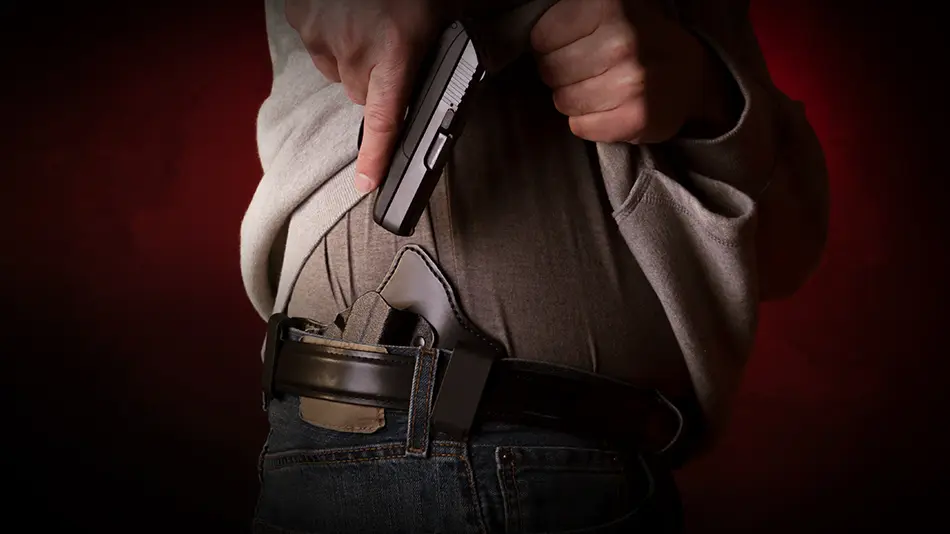Some of you more versed in firearms than others might have already heard of or know about this topic, but there are many who likely have never heard of them: “ghost guns.” Moniker aside, they aren’t as nefarious as they sound, but cause so much chatter across the political aisle, they deserve some discussion.
Where It Started: The Gun Control Act of 1968
Before we jump into what they are, let’s brief the origins of the debate. Essentially it stems from the Gun Control Act of 1968 (“GCA”), which controls the manufacture of firearms in the United States. Through its mandates, people engaged in the business of making guns must be licensed by the federal government a Federal Firearms Licensed dealer (“FFL”)—that is you are manufacturing them for profit.
It’s simple enough if you’re going to make and sell firearms, but you are not prohibited under the GCA from making your own firearm for personal use. Furthermore, the GCA clearly defines what is and is not a firearm subject to its regulation.
What is a Ghost Gun?
What exactly is a ghost gun? How does it fit into the discourse? A ghost gun (or 80% lower, as they are sometimes called) is a receiver that is unfinished. The receiver is the housing of the firearm, usually metal, but without the other parts required to make it function as a firearm, like the trigger mechanism and barrel, for instance. 80% receivers are not firearms per the GCA definition, which only speaks to finished receivers.
A person can buy an 80% lower and finish it themselves with basic tools most already have or tools easily obtained at your local hardware store. This is perfectly legal in Ohio and a very popular alternative to buying the finished products by many in our state.
These do not require any federal paperwork, any registration, and no serial number needs to be applied—as long as you are not converting the 80% receiver into a type of weapon strictly controlled by the National Firearms Act. Hence, the consternation that arises by those who desire more gun regulation. They see it as a way for people to obtain firearms without the need to go through the background check and registration process. Gun control advocates want the option of being able to trace the origins and owners of firearms, and ghost guns do not allow this—another of their attractive characteristics.
Ghost Guns in Ohio
Thankfully, we live in Ohio, where ghost guns are legal to purchase and to finish without state regulation. There are no laws which restrict our citizens from obtaining them. But remember, once you convert that 80% receiver into a firearm, as previously defined in the GCA, federal and state gun laws will kick in and you must comport with laws regulating possession and carry of firearms on both the state and federal levels.
As always, for any questions regarding ghost guns in the State of Ohio and what modifications are legal or illegal, feel free to call U.S. LawShield and ask to speak to your Independent Program Attorney.
The preceding should not be construed as legal advice nor the creation of an attorney-client relationship. This is not an endorsement or solicitation for any service. Your situation may be different, so please contact your attorney regarding your specific circumstances. Because the laws, judges, juries, and prosecutors vary from location to location, similar or even identical facts and circumstances to those described in this presentation may result in significantly different legal outcomes. This presentation is by no means a guarantee or promise of any particular legal outcome, positive, negative, or otherwise.





Good article on ghost guns, never knew.thanks!!!
This is confusing so if you buy and complete the 80 percent Ar lower you do have to register it? It’s says it’s legal to buy and complete without register then says once complete it must be register?
Once you complete it -then you must follow all the existing laws. Such as CCW / transporting in vehicle and any other current laws that are followed when owning a firearm. Also adding a front / vertical grip
Would not be allowed- same as any other pistol without NFA paperwork